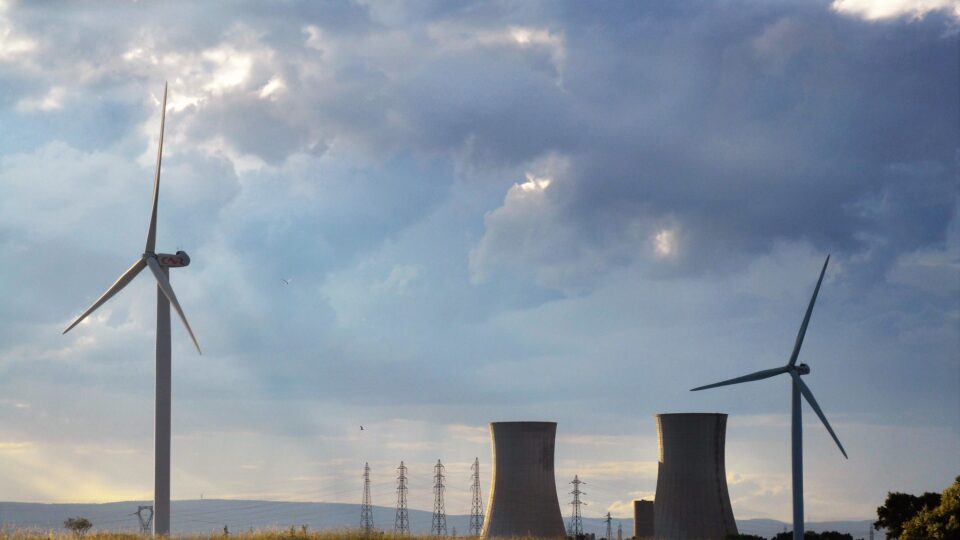The rapid growth of wind and solar power continues to drive a global quest for new battery technologies that can be used to store the energy generated by these sources when the sun isn’t shining, and the wind isn’t blowing.
For the most part, current battery energy storage systems use lithium-ion batteries – the same sort of batteries found in cellphones and electric vehicles. There are many other battery chemistries, but they mostly have shortcomings in performance, economy, or longevity.
Batteries store electricity in the form of chemical energy and chemical reactions convert that energy into electrical energy. Every battery has two electrodes: the anode, from which electrons flow into external circuits, and the cathode, which receives electrons from the external circuit. The electrolyte is the chemical medium through which the electrons flow.
One technology that has great potential is zinc-based batteries. Zinc itself is a metal that is safe and abundant. Batteries based on it are energy dense. However, zinc batteries have faced the challenge of having a short cycle life. The batteries end up plating zinc on their anodes and battery performance degrades.
A team of researchers at Oregon State University and three other universities have recently developed a new electrolyte for zinc batteries that raises the efficiency of the zinc metal anode to nearly 100% – actually slightly better than lithium-ion batteries.
Zinc batteries have a number of potential advantages over lithium-ion. The new hybrid electrolyte developed by the researchers is non-flammable, cost-effective, and has low environmental impact. Lithium-ion batteries rely on the supplies of relatively rare metals that are often difficult and environmentally harmful to obtain.
**********
Web Links
Researchers develop electrolyte enabling high efficiency of safe, sustainable zinc batteries
Photo, posted May 13, 2017, courtesy of Jeanne Menjoulet via Flickr.
Earth Wise is a production of WAMC Northeast Public Radio



